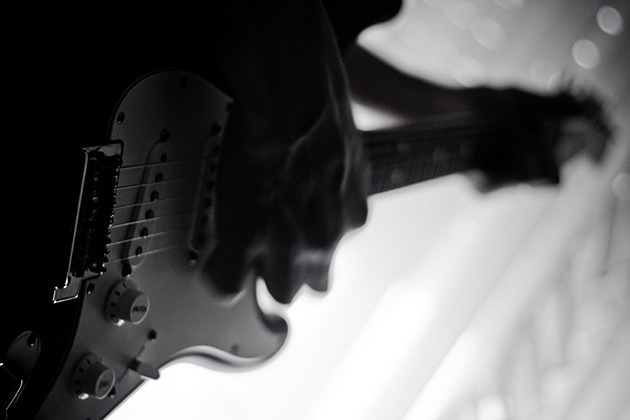
Now they being, as I said, not far from the gate in at which they came, their voice was heard from where they were, thither: wherefore some of the house came out, and knowing that it was Christiana’s tongue, they made haste to her relief; but by that they were got within sight of them, the women were in a very great scuffle, the children also stood crying by. Then did he that came in for their relief call out to the ruffians, saying, “What is that thing that you do? Would you make my Lord’s people to transgress?” He also attempted to take them; but they did make their escape over the wall into the garden of the man to whom the great dog belonged: so the dog became their protector. This Reliever then came up to the women, and asked them how they did. So they answered, “We thank your Prince, pretty well, only we have been somewhat affrighted; we thank you also for that you came into our help, for otherwise we had been overcome.”
Reliever: So after a few more words, this Reliever said as follows: “I marveled much when you were entertained at the gate above, seeing you knew that you were but weak women, that you petitioned not the Lord there for a conductor. Then might you have avoided these troubles and dangers; for he would have granted you one.”
Christiana: “Alas,” said Christiana, “We were so taken with our present blessing, that dangers to come were forgotten by us; besides, who could have thought that so near the King’s palace there should have lurked such naughty ones? Indeed, it had been well for us had we asked our Lord for one; but since our Lord knew it would be for our profit, I wonder he sent not one along with us.”
Reliever: It is not always necessary to grant things not asked for, lest by so doing, they become of little esteem; but when the want of a thing is felt, it then comes under, in the eyes of him that feels it, that estimate that properly is its due, and so consequently will be thereafter used. Had my Lord granted you a conductor, you would not neither so have bewailed that oversight of yours in not asking for one as now you have occasion to do. So all things work for good, and tend to make you more wary.
Christiana: Shall we go back again to my Lord, and confess our folly, and ask for one?
Reliever: Your confession of your folly I will present him with; to go back again, you need not. For in all places where you shall come, you will find no want at all; for in everyone of my Lord’s lodgings which he has prepared for the reception of his pilgrims, there is sufficient to furnish them against all attempts whatsoever. But, as I said, he will be inquired of by them to do it for them; and ’tis a poor thing that is not worth asking for.
When he had thus said, he went back to his place; and the pilgrims went on their way.
Notes and Commentary
In the previous post, Christiana and Mercy were in the midst of great peril. They were traveling on the Way, still near the Gate, when they were assaulted by two ill-favored ones. Unable to flee, they both cried out for help.
Thankfully, their voice is heard and a Reliever comes in answer to their prayers. He confronts the ruffians and pursues them until they make their escape over the wall.
Who is this Reliever who hastens to help the pilgrims? Bunyan offers some clues in the story as to his identity.
Continue reading Notes and Commentary
The text for The Pilgrim’s Progress and images used are public domain.
Notes and Commentary for Part II ©2014, 2023 Ken Puls
Unless otherwise indicated, all Scripture quotations are from
the New King James Version (NKJV) ©1982 by Thomas Nelson, Inc.
Return to A Guide to John Bunyan’s The Pilgrim’s Progress Part 2

